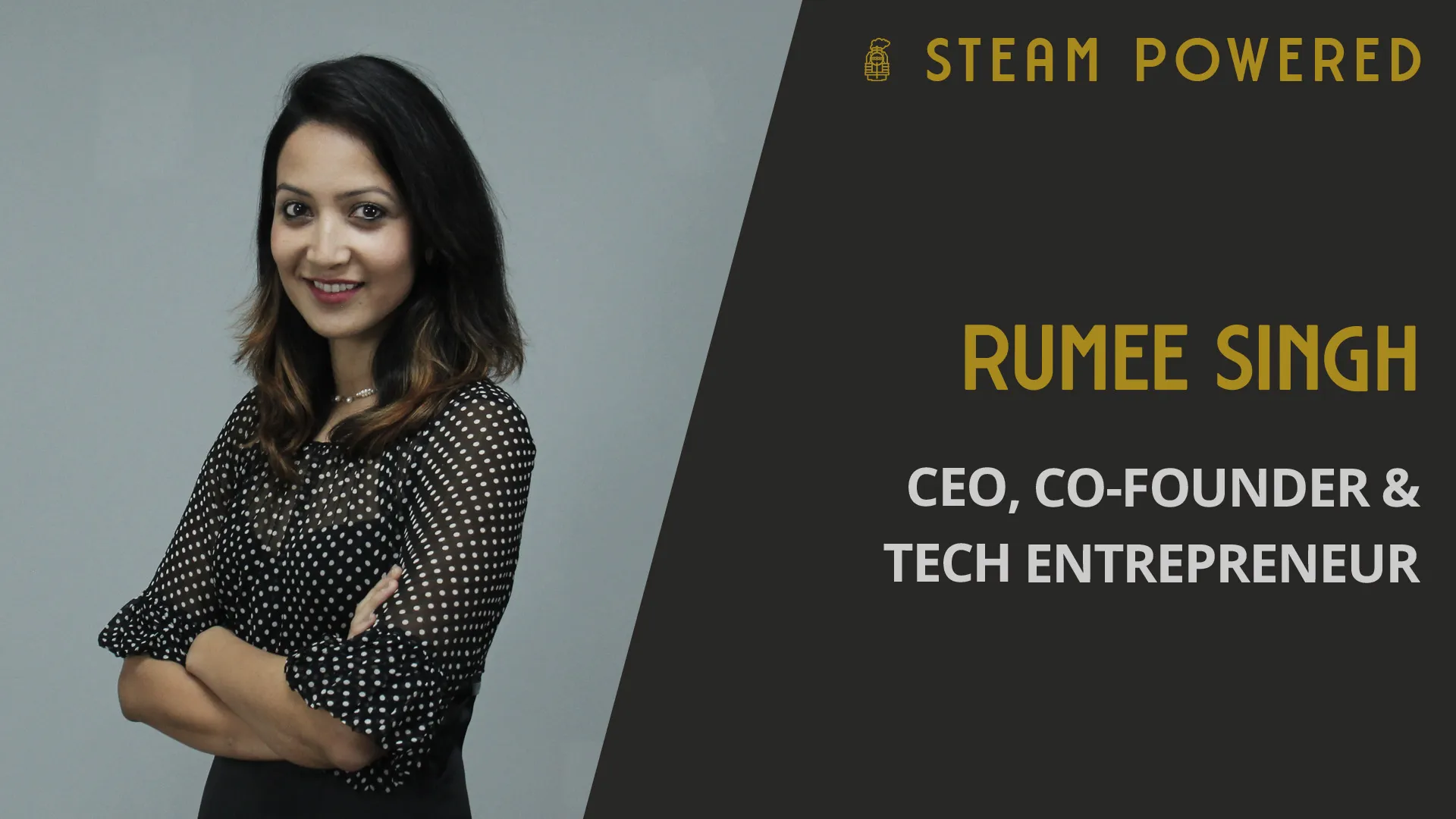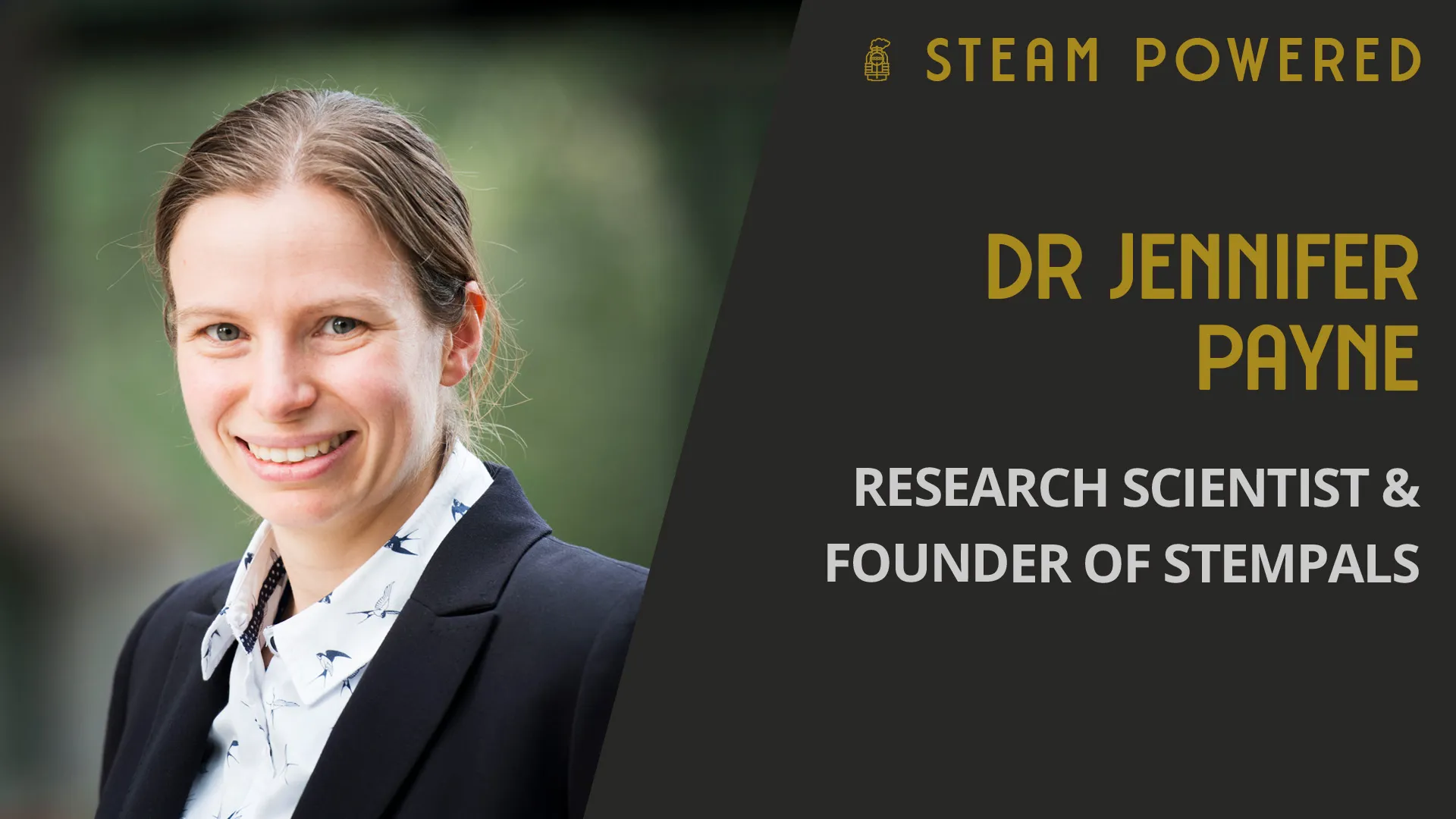Clinical Trial Nursing and the STEMM of Nursing with Ellen Yeo
Nurses don't get enough credit for what they do. Despite being an essential role in healthcare, it's still an often misunderstood and underrated field, but one that has immense scope for professional development and medical specialisation.
Ellen Yeo is a Clinical Nurse Consultant specialising in Renal Medicine and Kidney Transplantation Clinical Trials. She's also a nursing education and career pathway advocate. Join us as we speak about Ellen's journey to clinical trial nursing, supporting professional and career development of nurses, and the STEMM of nursing.
About Ellen Yeo
Ellen Yeo (BN, MPH, MHM) is a Clinical Nurse Consultant (CNC) in Renal Medicine and Kidney Transplant Research at Royal Prince Alfred (RPA) Hospital in Sydney. With over a decade of nursing experience in both private and public sectors, her recent focus has been on addressing critical gaps in standardised education, workforce engagement, and career progression within the clinical trials nursing specialty.
Emphasising the belief that “it takes a village” to enact systemic change, she has brought the community together within the Sydney Local Health District to develop practical solutions to these challenges.
- LinkedIn: https://www.linkedin.com/in/heeny90/
- Illustrator and Composer Portfolio: https://heenyellen.com/
Listen to the Podcast
Listen on Apple Podcasts, Spotify, iHeartRadio, Amazon Music, Castbox, Deezer, Goodpods, Overcast, Pocket Casts, TuneIn, Blubrry, Podcast Addict, Podchaser, JioSaavn, RSS , and other podcast platforms.
Watch on YouTube
- [00:01:27] Ellen's path to nursing.
- [00:03:50] Taking a career 'leap year' to travel around her field.
- [00:05:10] Exploring beyond specialty knowledge and job criteria.
- [00:07:29] Ellen's road to renal medicine and a chance appointment.
- [00:09:50] The difference between ward nursing and clinical trials nursing.
- [00:12:08] The pathway from ward nursing to clinical trials nursing.
- [00:14:09] The clinical trial nursing environment.
- [00:15:55] The misconceptions around the role of nurses in clinical trials.
- [00:19:04] Developing a program to smooth the transition.
- [00:21:54] Research and nursing go hand in hand.
- [00:24:04] The opportunity to see how education in healthcare works in other countries.
- [00:25:39] Educational placement opportunities in nursing.
- [00:26:29] The roles in clinical research nursing.
- [00:28:29] Specialis ations, remuneration, and industry recognition in nursing.
- [00:31:54] Formalising the pathway to clinical trials nursing benefits nurses and patients.
- [00:35:10] Commonality in clinical trials nursing practice.
- [00:36:47] The wish to be able to provide the best care for clinical trial patients who are helping to advance treatments for others like them.
- [00:37:36] Nursing is STEM.
- [00:41:18] Ellen the artist and composer.
- [00:43:50] What advice would you give someone who wants to do what you do, and what advice should they ignore?
Highlights
Connect with Us
- @steampoweredshow
- @steampoweredshw
- @steampoweredshow
- @steampoweredshow
- @steampoweredshow
- @steampoweredshow
- steampoweredshow
Support STEAM Powered
Review Us
Please leave us a review on Apple Podcasts, Spotify, GoodPods, Podchaser, or your preferred podcatcher.
Become a Patron
Affiliate Programs
Start your own podcast or YouTube channel, or run panels and seminars with
Riverside.fm. Record up to 8
people in a session with up to 1000 audience members. You can record in advance
as I do, or you can livestream with the option to send it straight to Facebook,
Youtube, Twitter, or Twitch. There’s even a green-room for guests and live call
in for audience members. Afterwards, get separate video (up to 4K) and audio (up
to 48kHz) tracks per recorded participant for editing, none of that “active
speaker only” limitation. You know you’re in good hands with a service whose
client-base includes some heavy-hitters. Check out
Riverside.fm to see who else is on
board. Use promo code STEAM25 to get 25% off the first three months of your
subscription.
Music is “Gypsy Jazz in Paris 1935” by Brett Van Donsel.

